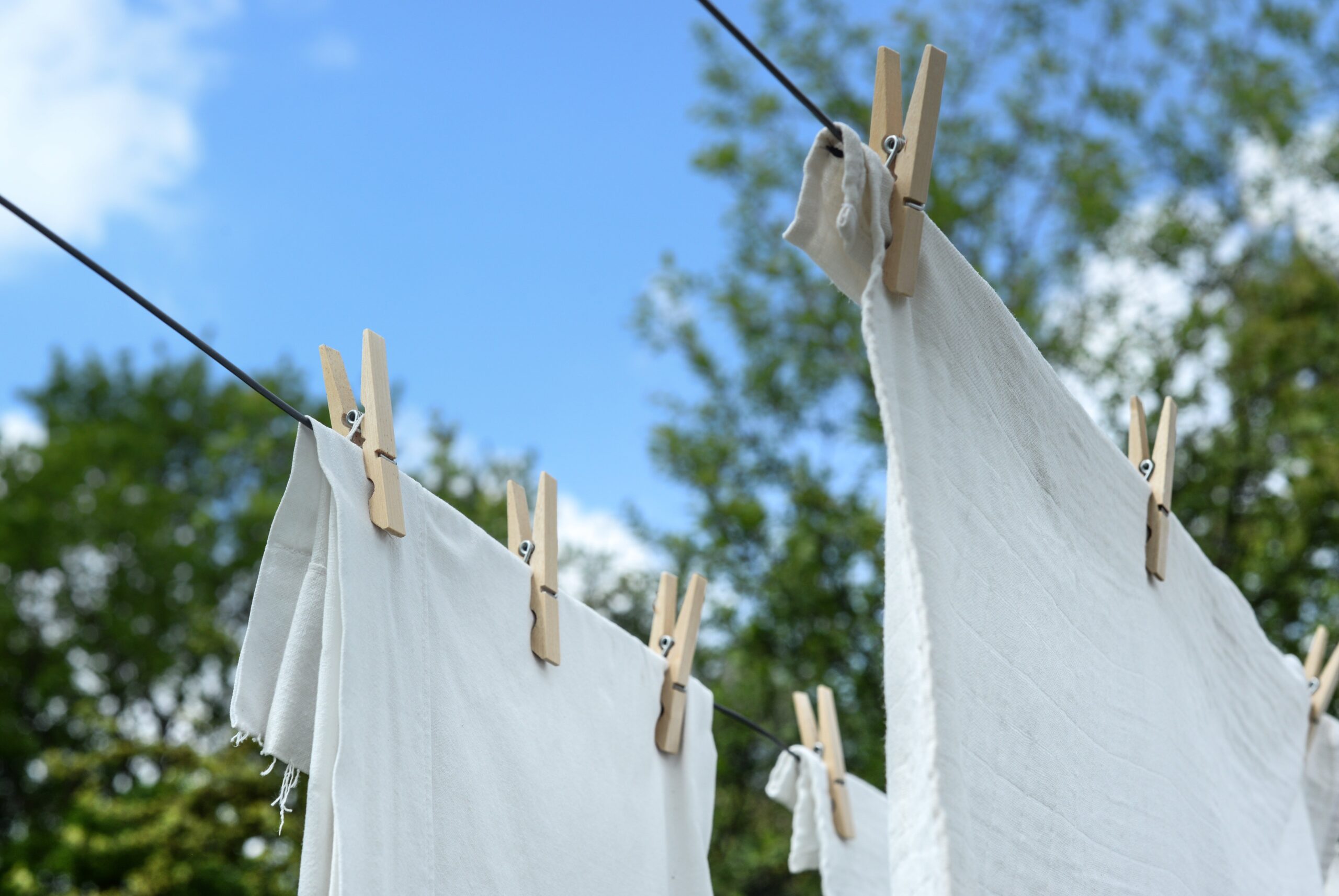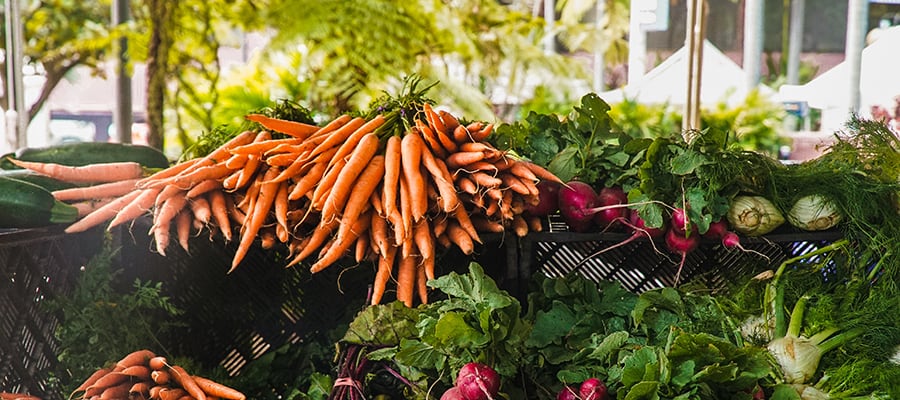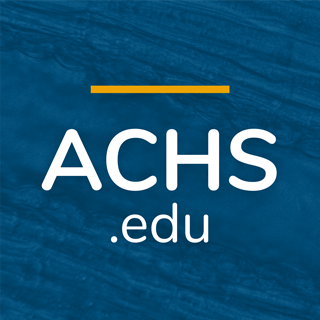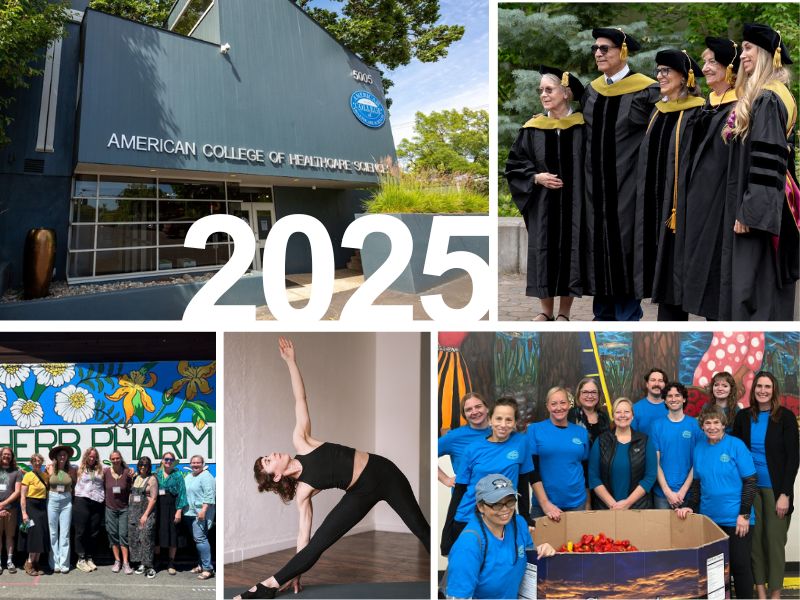The first green living tip that comes to mind is recycling, but what other environmentally practices can you incorporate into your daily life? Here are a few easy ones that you can try out!
1. Reduce food waste
Did you know that 94% of the food that we throw away ends up in landfills or combustion facilities? Benefits to reducing food waste include reduced methane emissions and carbon footprint, saving money from buying less food, and conserving energy and resources from growing, transporting, and selling the food. [1]
Here are some tips to help you reduce food waste at home [2]:
- Prepare a shopping list beforehand. This will ensure that you purchase only what you need, and will cut down on impulse buying.
- Use your freezer! It’s a great way to store most foods until you’re ready to eat them. Check your fridge often for foods that will expire soon, and then either use them or freeze them for later.
- If you have more food than you need, you can always donate any extra packaged foods to a local food pantry.
2. Opt out of overnight shipping
Once you know the details, the environmental cost of overnight shipping outweighs any benefits such as convenience. As one source explains, “extending the shipping period allows the companies to use the most efficient and environmentally friendly ways of delivering the goods. Options such as next-day delivery forces companies to send out trucks which aren’t at full capacity” [3]. So next time you’re ordering something online, try to plan ahead so that you don’t need to use overnight shipping. Or even better, see if the item you need is available locally before purchasing it online.
3. Wash laundry cold instead of hot
Another really easy way to cut down on the energy it takes to wash your laundry is to opt for using cold water. In fact, hot water heating accounts for about 90 percent of the energy your machine uses to wash clothes [4]. Most clothes are able to be washed in cold water, and this can also save you money in the long run. While you’re at it, you can also opt to dry clothes on a clothesline outside instead of using your dryer during the warmer months!
4. Support your local farmer’s market
This time of year, farmer’s markets are in full swing. Even with COVID-19, many outdoors farmers markets are still open and are using safety measures such as mask-wearing. Check to see if your local farmers market is open, and go support them! Buying local produce is better for the environment than buying produce that was grown far away and had to be shipped all the way to where you live. Another bonus of supporting local farmers is that they money will stay in your community.
5. Join the Plastic Free Ecochallenge
 The Plastic Free Ecochallenge is a 31-day global challenge to reduce and refuse single-use plastics. By joining in, you can try out some new environmentally friendly actions for the month of July and potentially turn them into a permanent green habit!
The Plastic Free Ecochallenge is a 31-day global challenge to reduce and refuse single-use plastics. By joining in, you can try out some new environmentally friendly actions for the month of July and potentially turn them into a permanent green habit!
Join the ACHS Ecochallenge Team and together, if we score 10,000 points in the Challenge, the college will donate $1,000 to Mudbone Grown, a black-owned farm enterprise that promotes inter-generational community-based farming which creates measurable and sustainable environmental, social, cultural, and economic impacts in communities!
If you’re already doing one or more of these practices, you are amazing! What other green living tips do you have? Let us know in the comments below.
References:
[1] “Reducing Wasted Food At Home.” EPA, Environmental Protection Agency, 13 Nov. 2019, www.epa.gov/recycle/reducing-wasted-food-home.
[2] Center for Food Safety and Applied Nutrition. “Tips to Reduce Food Waste.” U.S. Food and Drug Administration, FDA, 15 Nov. 2019, www.fda.gov/food/consumers/tips-reduce-food-waste.
[3] “What Is the Environmental Cost of Express Shipping Deliveries?” Climate Action, 8 Jan. 2018, www.climateaction.org/news/what-is-the-environmental-cost-of-express-shipping-deliveries.
[4] “Earth Month Tip: Wash Your Clothes in Cold Water.” EPA, Environmental Protection Agency, 4 Apr. 2014, blog.epa.gov/2014/04/30/earth-month-tip-wash-your-clothes-in-cold-water/.
Disclosure of Material Connection: This blog may contain affiliate links. I am disclosing this in accordance with the Federal Trade Commission’s 16 CFR, Part 255: “Guides Concerning the Use of Endorsements and Testimonials in Advertising.”
About American College of Healthcare Sciences
 American College founded in 1978, is a fully online accredited institute of higher education specializing in holistic health. Based in Portland, OR; our goal is to make research-driven and science-based holistic health education taught by industry-leading experts accessible to anyone anywhere while still giving students a hands-on experiential learning experience like a traditional college and a strong sense of community, school pride and student bond.
American College founded in 1978, is a fully online accredited institute of higher education specializing in holistic health. Based in Portland, OR; our goal is to make research-driven and science-based holistic health education taught by industry-leading experts accessible to anyone anywhere while still giving students a hands-on experiential learning experience like a traditional college and a strong sense of community, school pride and student bond.
This commitment to our students and graduates reflects in our current survey results that reflect 98% of our students would recommend ACHS to a friend or family member.
We believe education is the most powerful tool for changing an individual and the world around us.
When a person enrolls as ACHS, it is vitally important that they graduate with tools they need to forge their own holistic and sustainable missions, build up their communities confidently and changing the face of healthcare with knowledge.
For more information visit achs.edu




